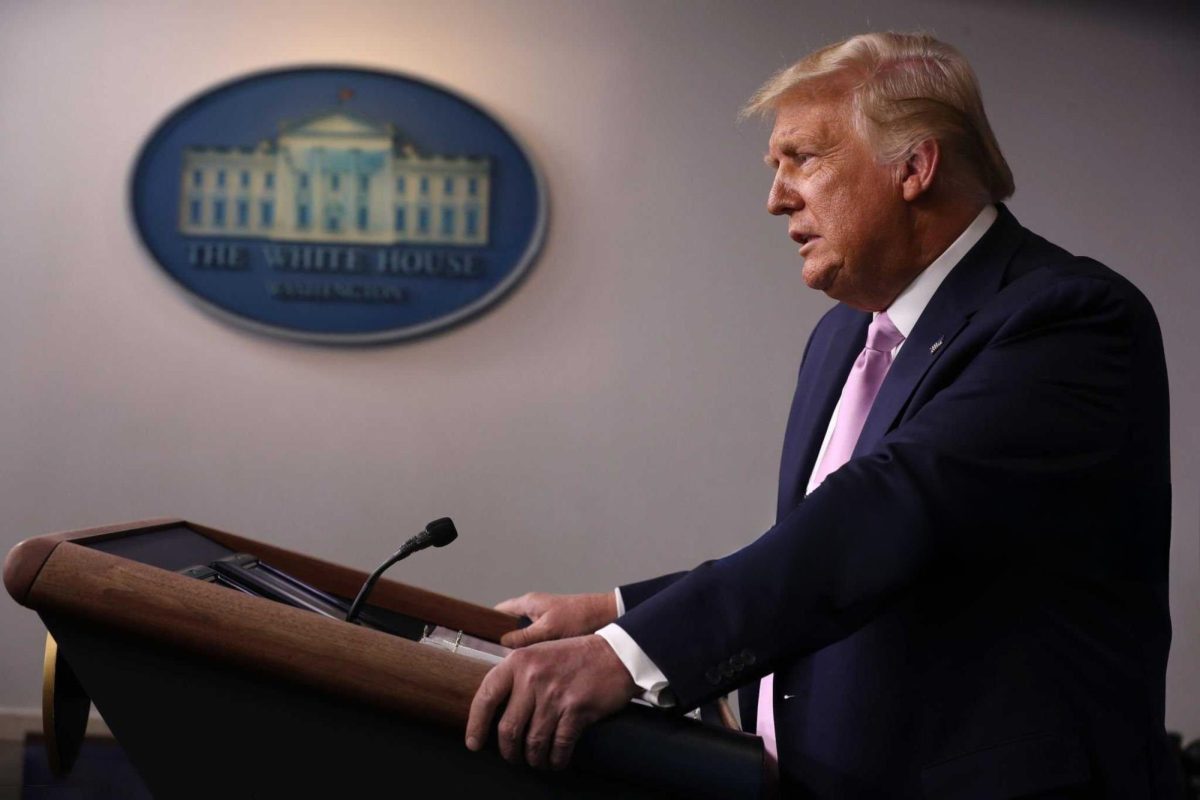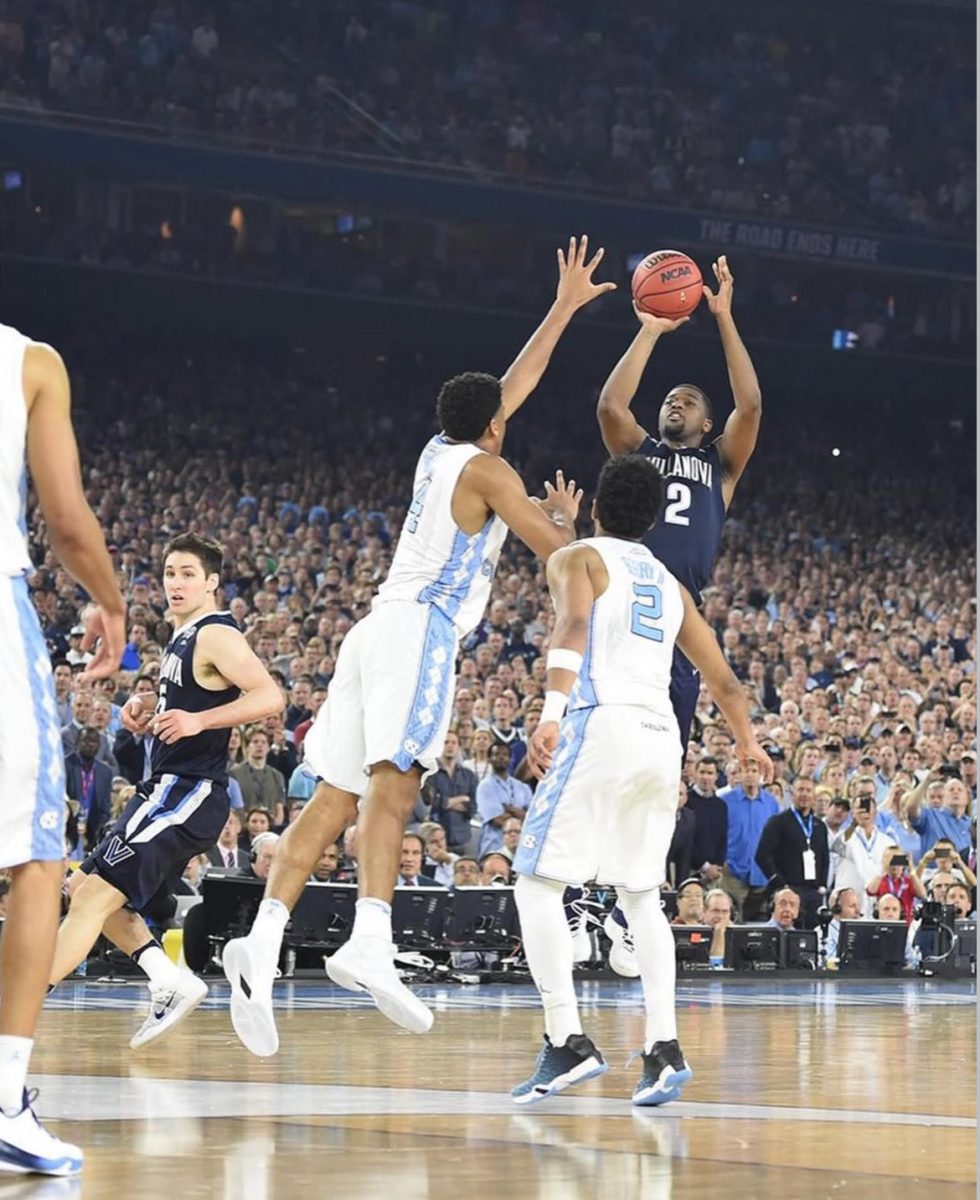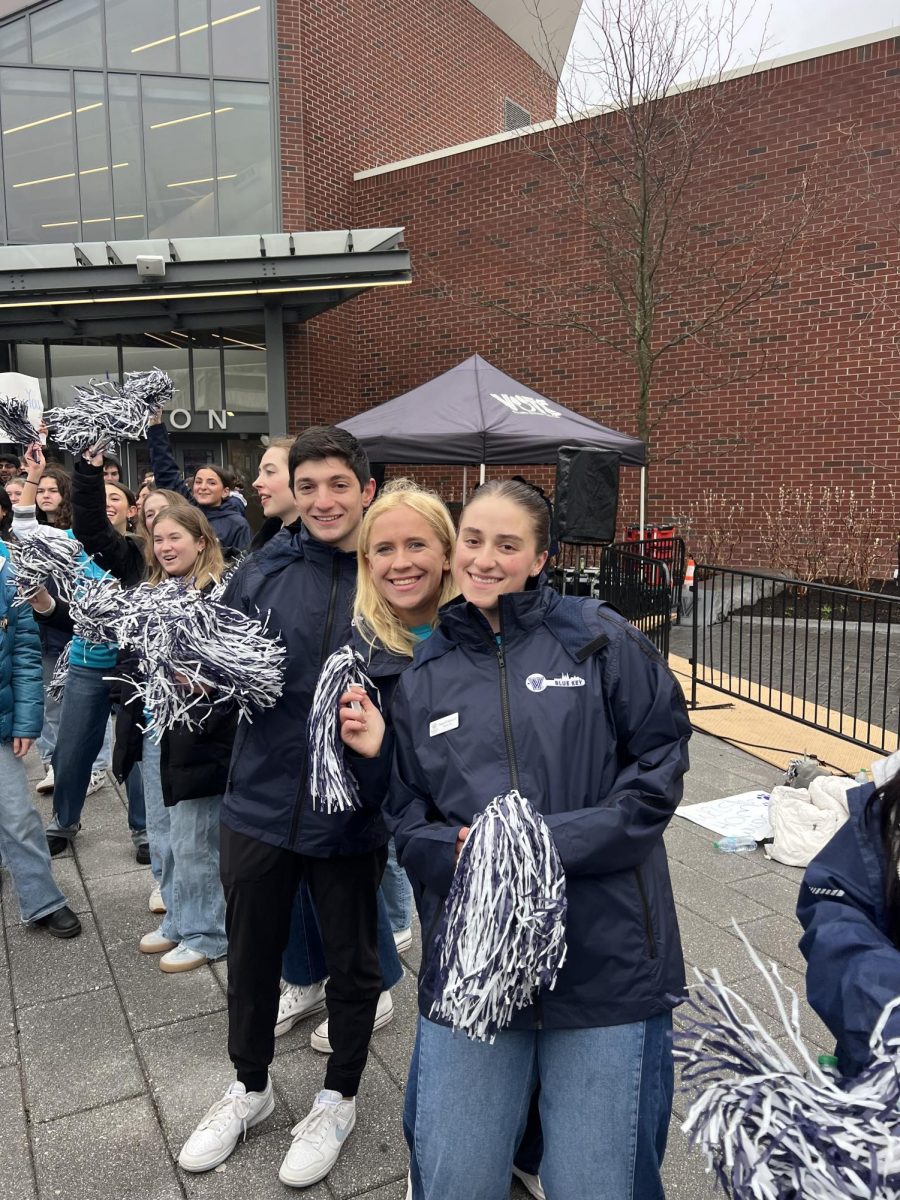On Jan. 20, 2025, President Trump signed an executive order ending “radical and wasteful” government DEI programs and preference. In his order, he states his goal to terminate all DEI positions and offices, as well as performance requirements in government agencies and departments. Last week, a devastating plane crash killed 67 American citizens. President Trump implied to news sources that the Biden administration’s DEI policies were at fault for this tragedy.
It’s difficult to explain the positive impact that diversity, equity and inclusion can have on society. As someone who has probably benefited from DEI policies, I can’t help but be disappointed by this executive order and the future trajectory of the country. However, I can’t say I am surprised at all. When Trump ran his campaign, this is the exact capacity of action he promised, and people would be naive to be surprised. After Martin Luther King’s “I Have A Dream” speech at the Lincoln Memorial, President Lyndon Johnson signed Executive Order 11246 in 1965.
This order formally established the Secretary of Labor the authority to ensure equal opportunity for people of color and women in federal contractors recruitment, hiring, training and other employment practices. This prohibited discrimination based on “based on race, color, religion and national origin.” These requests may seem “radical” to some people now, but this was the state of the country years ago. Not everyone had equal opportunity, not everyone could just work a job, have a credit card, vote in an election or do simple things people take for granted today. Of course there was opposition to this order at the time. Of course this order didn’t solve everything, discrimination still persisted and the order may have left out some people, too.
Just because something doesn’t solve everything, doesn’t mean it’s not a good start. To me, “merit-based hiring” passively hints at just hiring people who were traditionally accustomed to these kinds of jobs. Of course, we want people to fulfill positions that are qualified for the job. The dismantling of DEI programs signals an initiative to go back to the “way things were.” To undo years of progress that so many activists and lawmakers worked so hard for. Our country has worked so hard to embody the values of liberty and justice for all. Worldwide, we are viewed by other countries as a place of opportunity for people of all races, ethnicities and religions. Why should we go back on these policies?
Diversity, equity and inclusion is the fair representation and treatment of various social identities, including, but not limited to, race, ethnicity, religion and gender. People can’t really understand history without understanding these identities. In 1848, at the Seneca Falls Convention, a resolution was passed in favor of women’s suffrage and in 1919, Congress passed the 19th Amendment. In 1870, African American men were granted the right to vote. In 1965, the VRA was passed, which protected Black, indigenous and women of color voters. It wasn’t until 1990 that the Americans with Disabilities Act was passed. All of these were a result of DEI. The term wasn’t properly defined till later, but the goal of these acts was to create a more equitable America, so that everyone had the ability to participate in democracy. As I said, it may seem radical now, but these are quite literally the reasons we are able to have what we have now.
Just yesterday, Northeastern University in Boston began removing elements of DEI language from its website. Who’s to say Villanova isn’t next? Obviously, DEI is important everywhere, but it especially is at Villanova. Not only is DEI important at colleges and other institutions rooted in legacies of generational wealth, but also at a place that holds values of truth, unity and love. One could cite extensive research about the importance of DEI in education and all realms of our country, but for our purpose, let’s bring it back to Villanova.
It was founded on the Augustinian tradition, which suggests the core values of unitas (unity), veritas (truth), and caritas (love). The University is one that shares a commitment to these Augustinian ideals, and we are a community dedicated to service to others. Its mission also shares that it welcomes and respects members of all faiths who seek to nurture a concern for the common good and who share an enthusiasm for the challenge of responsible and productive citizenship in order to build a just and peaceful world. Building a just and peaceful world isn’t some optional part of the mission of Villanova, it’s a necessity, and it’s the standard many Villanovans hold themselves to everyday. Regardless of what is happening in the craziness of our country, we must remain steadfast to these core values.
Throughout my four years at Villanova, I have witnessed the growth of our community in its values, especially those pertaining to inclusion and equity. In examination of our values, it would be a mistake to dismantle the progress we’ve made. In the wake of pressure from our government, or other universities, I hope that Villanova holds true to our values and protects its community by upholding diversity, equity and inclusion.






